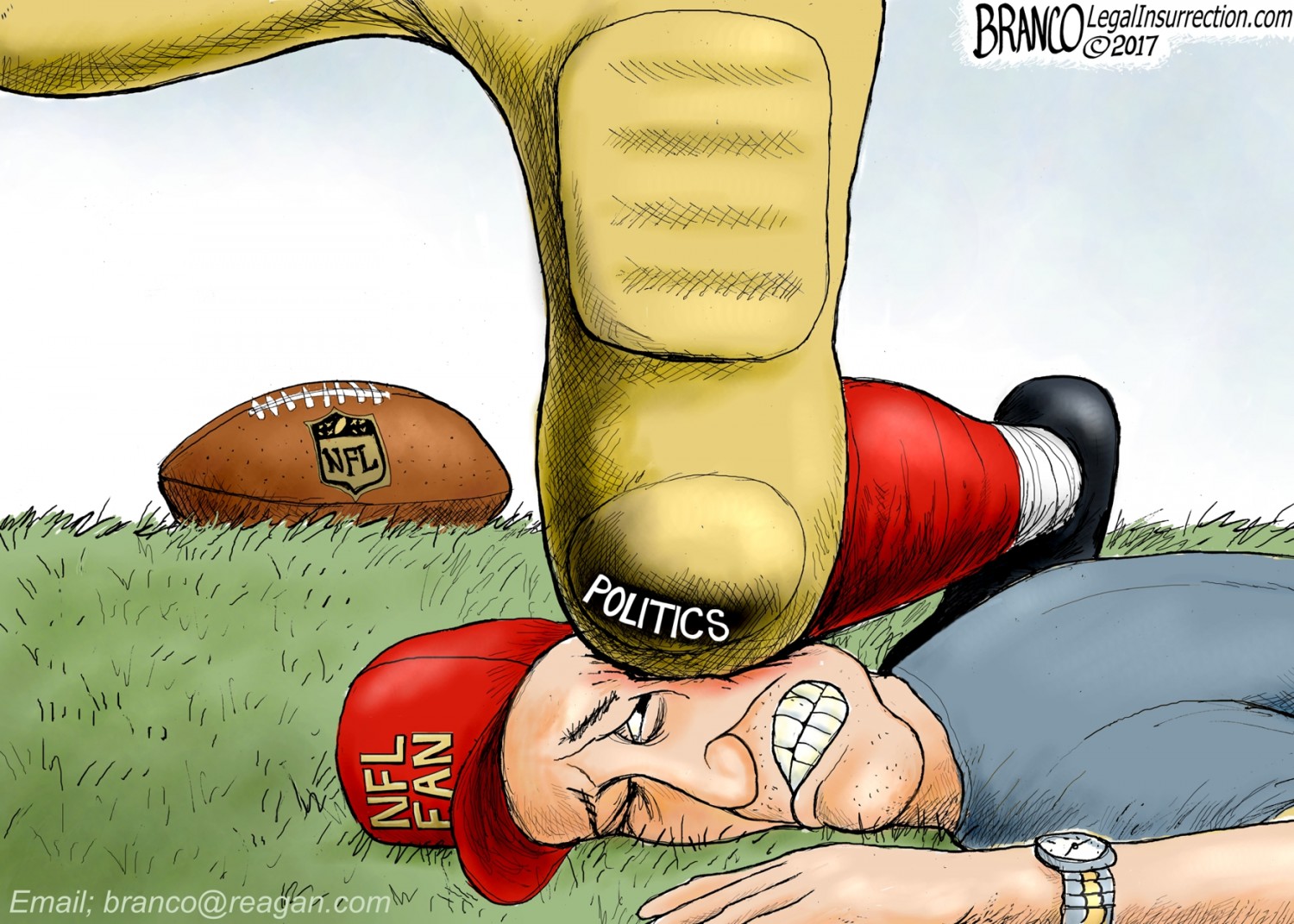|

Cheap Seats 2017High Contrast - 09/27 
By Rich Trzupek
I’m back home after spending a week on the east coast, helping an auto-shredder get over some EPA hurdles. I enjoy the field work, although I am getting a little long in the tooth for it, but there is still satisfaction to lacing up the steel toe work boots, slapping on my hardhat and doing work that demands physical as well as mental exertions.
We’ll get back to that theme in a second, but since I’ve gotten involved with auto shredders – because EPA is now interested in them – I’ve learned a lot about the industry. Like most industries, this one fascinates me so I’ll share with the class.
First off, auto-shredding is a big-time industry. Revenue-wise, it is the 16th largest industry in the United States. There are over three hundred shredders nationwide and over seven thousand other facilities that support the shredders. On average, about one-third of the steel in the car you drive comes from old cars that were shredded.
The growth of auto-shredding over the last couple of decades has almost put the traditional junkyard out of business. Why leave old cars to rust on the ground when you can profitably turn them into raw materials?
And that’s what an auto-shredder does. It beats the living crap out of old cars and other metallic scrap, pulverizing it into pieces smaller than a tennis ball. Powerful magnets pull out the steel, which can then be reused. Other technologies are used to separate valuable non-ferrous metals like aluminum and copper. All told, shredding is the most effective and efficient form of recycling we have today.
Like a lot of industrial settings, shredding yards can be dangerous places if one is not alert. There’s also a great deal of tromping about during the work day. It’s not a problem getting in your 10,000 steps working at a shredding yard (which I think should count double when you get there in steel toes).
So, to get back on point, I was pleasantly surprised to find that the young attorney who showed up as part of our team dived right in on the physical exertion side of the job. If some piece of equipment needed to be schlepped from point A to point B, he was as willing a schlepper as anyone there. If someone needed to trudge through the yard to escort our EPA visitors, he had no problem doing the trudging.
Based on my rather extensive experience with attorneys, and especially attorneys who are also millennials, I was somewhat taken aback. I expected he would be adverse to lowering himself to physical labor and consorting with Neanderthals who take pleasure in it.
It was a long project, so we got to know each other a bit, and I eventually felt comfortable mentioning this to him. What followed surprised me and gave me hope that my pretty much constant criticism of millennials may not be universally applicable.
Clearly my new young friend was frustrated with the way so many boomers like me view his generation. That is not to say that he didn’t believe ours is a baseless opinion. Quite the opposite in fact. He was disappointed that so many of his fellow millennials looked at live in terms of entitlement and didn’t feel obligated to live within their means.
For his part, he had figured out how to get himself through school without accumulating crushing debt and continued to carefully manage his finances thereafter. Mom and dad had money, but they made it plain that they weren’t going to bankroll their kids. Their kids would succeed or their own. That, I think, made the difference in my young friend’s outlook. When you realize that no safety nets are available, adulthood becomes a whole nuther experience compared to those among the privileged and entitled for whom wealth is a given.
I thought about my young friend and his counter-culture attitude about self-reliance and personal accountability as I read about the increasing number of NFL players who “take a knee” or don’t even walk out on the field when the National Anthem is played. That’s not a protest. That’s a bunch of spoiled rich kids who have been given far too much money and security because they won the gene-pool lottery, or found the chemical means to simulate doing so, or both.
I have zero interest in what Colin Kaepernick or any other athlete with more muscles than brains thinks is wrong with America. People like Kaepernick have never lived in America – at least not the America that I know and love. They are pampered, spoiled members of a particular privileged class who have been pampered and paid based on the accident of their physical gifts and who have nothing useful to contribute to society. Let ‘em whine. I sure as hell don’t need football to live my life, but I’ve got a notion that those pretty boys throwing hissy-fits in the NFL need us.
E-mail: rich@examinerpublications.com
|